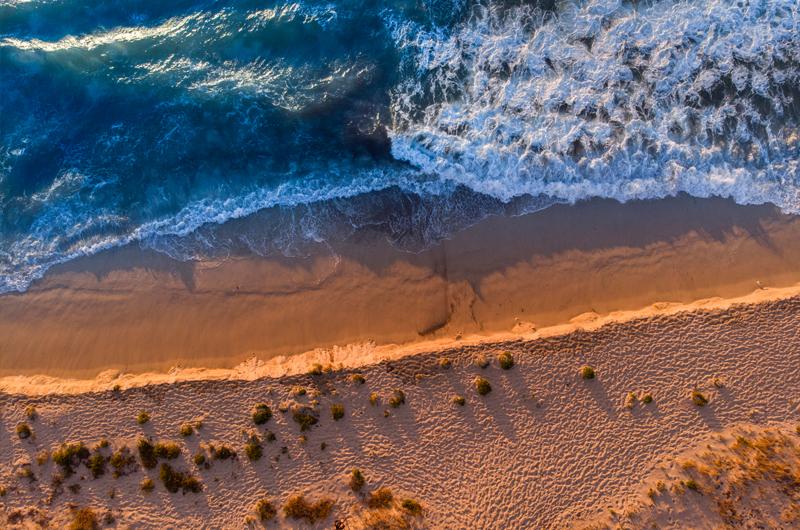
Climate & Perth
The impacts of climate change in Perth are evident with a significant reduction in average rainfall over the past 40 years.
Learn moreLiving in the world’s driest continent, we need to understand how climate change is impacting us and how we can live more sustainably. As climate change continues to impact our state in several ways, including an increase in average annual temperatures, more extreme weather events and significant changes to rainfall, it’s never been more important to become aware of its effects on where we live.
Because Western Australia has large climate variability, the effects of climate change in WA can vary across our expansive regions, which can often lead to a lack of understanding of how it’s impacting us as individuals. Some changes, however, can be seen across most of WA, such as the increase in fire risk.
Already one of the most fire-prone regions in the world, Western Australia’s fire risk has increased over the past 4 decades due to climate change, and fire seasons have lengthened due to warming and drying conditions. We have also experienced changes in sea levels, with the rate of sea-level rise on the west coast almost 3 times the global average.
Right now, we have genuine opportunities to transform the way we live and reduce our water use and carbon footprint. With increased variability of water availability around the state, it has never been more important to save our valuable resource – water.
In this section, you can find out how climate change in WA is impacting where you live and learn how we are shifting to rainfall resilient water sources, sustainable water practices and reducing water use so that we can continue to enjoy all the things that make WA a great place to live.

The impacts of climate change in Perth are evident with a significant reduction in average rainfall over the past 40 years.
Learn more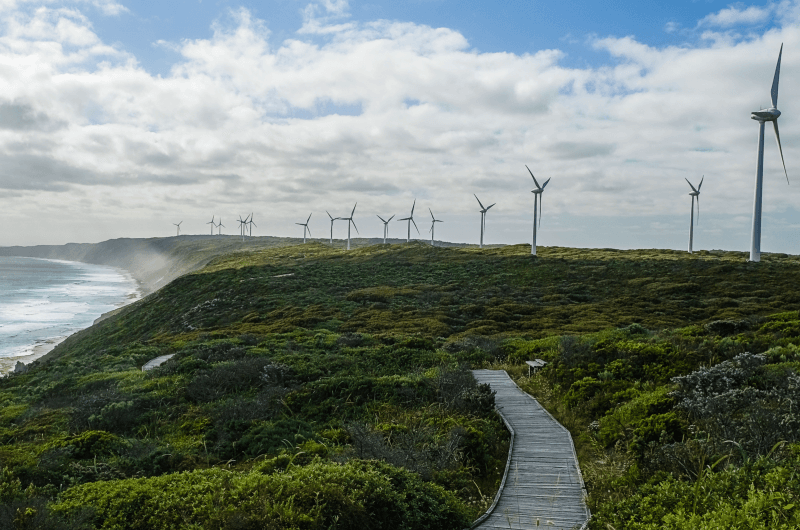
Reduced rainfall driven by climate change and growing demand are placing pressure on existing groundwater sources in the Great Southern region.
Learn more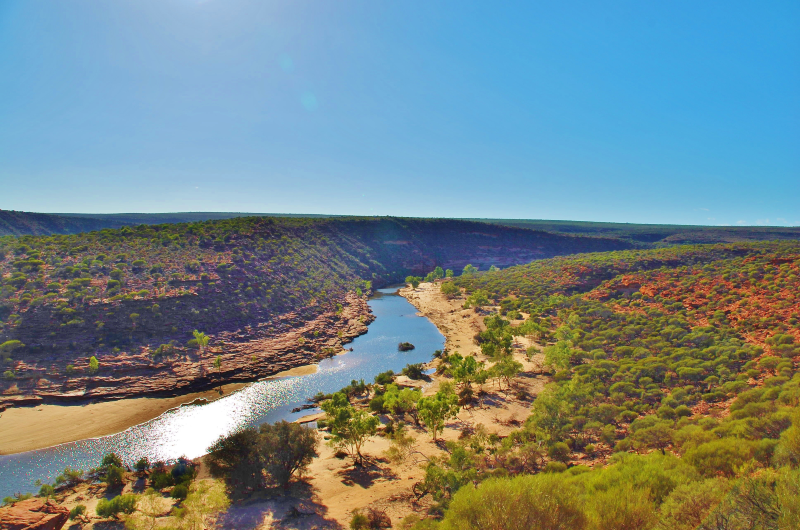
Changes to summer rainfall in the Mid West are a uncertain but a decrease in winter rainfall is highly likely, threatening the ongoing sustainability of our groundwater sources.
Learn more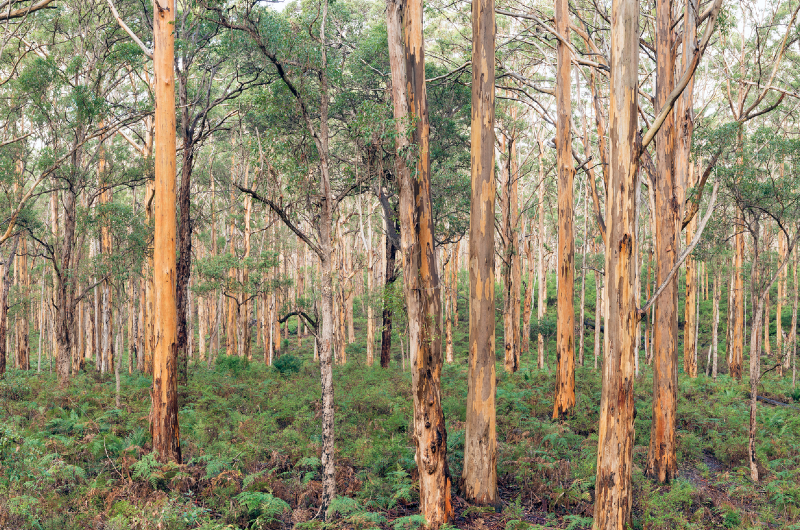
An average 20% decline in rainfall throughout the South West has seen streamflow reduce by over 80%.
Learn more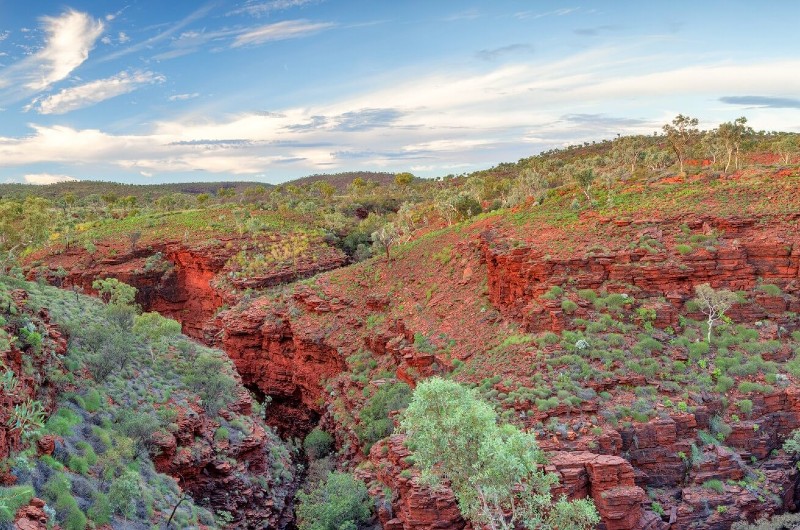
Climate predictions show the intervals between rainfall events will become more variable across the northern regions of WA over the next century.
Learn more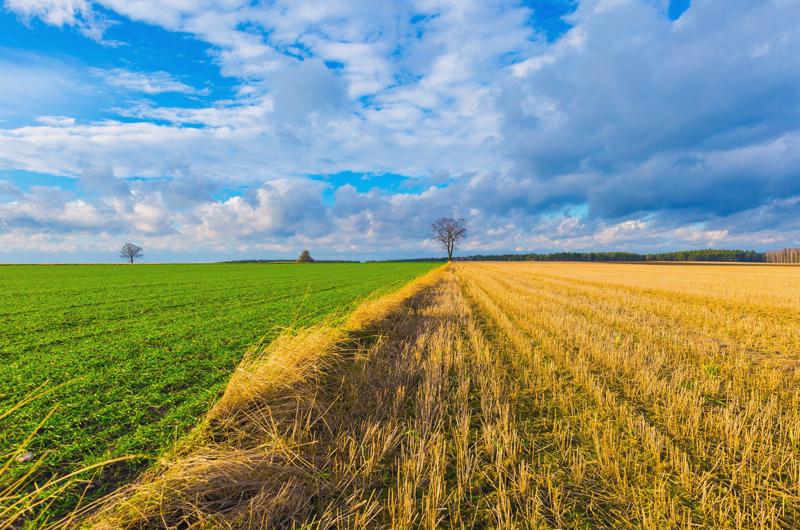
Climate change is affecting this region in various ways, with an increase in temperature, changes in seasonal rainfall and longer periods of drought.
Learn more
Despite Perth’s wet August, rainfall run-off into Perth’s dams remains significantly below the long-term average.

We're securing water sources for the regions for the future and maintaining infrastructure to ensure communities have reliable drinking water.

Our Partnerships and Education team are taking proactive steps towards education for sustainability.
